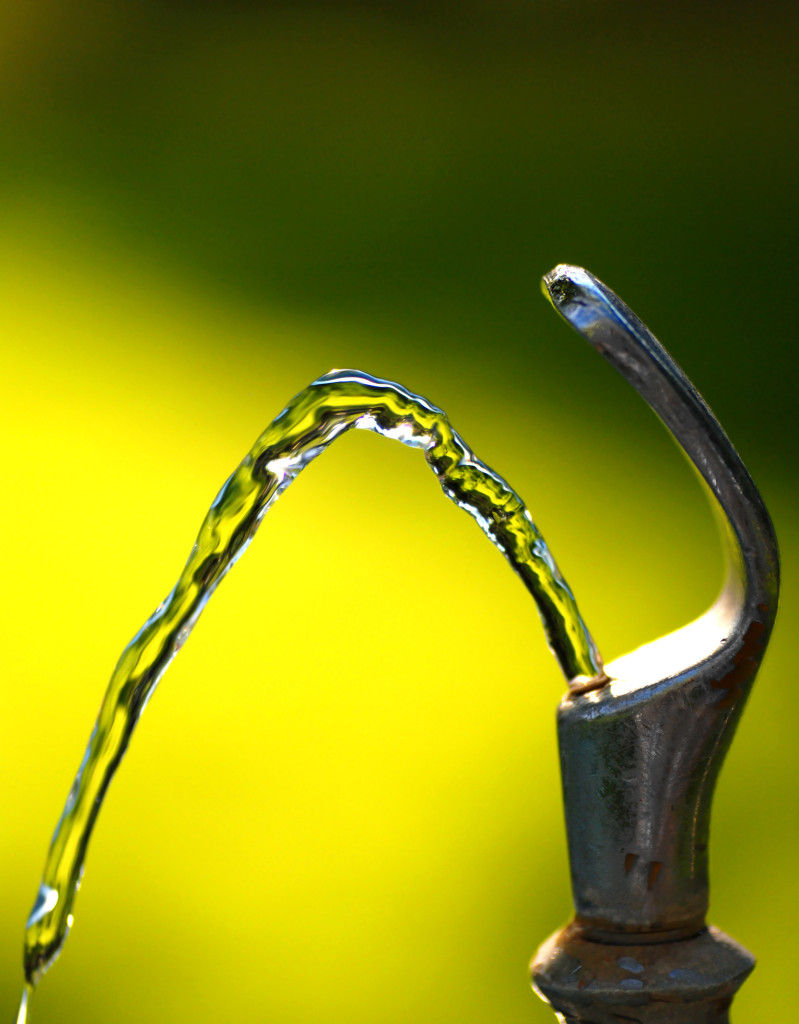We see and hear about it every day – painful personal stories from those who are unable to afford the basics in life, including water. It is estimated that nearly 12% of Americans are unable to afford their current water bills, and there are studies suggesting that percentage is likely to continue to rise. And while we have federal food stamps for those who are unable to afford food, there is no comparable federal program for those unable to afford water.
This local affordability conundrum continues to plague many communities around the country. And is largely the reason that many communities fail to increase water rates to sufficiently cover the costs of maintaining and operating their systems. Which explains the ever growing national water infrastructure crisis. If we are to deal with this ever-growing crisis, which means raising rates on those who can pay, we must first be willing to tackle these impediments to assisting those who can’t.
Well, this week, seven of the major water associations teamed up with the Environmental Finance Center at the University of North Carolina at Chapel Hill to produce a report on barriers to assisting low-income water customers. The report can be found here, Navigating Legal Pathways to Rate-Funded Customer Assistance Programs; a guide for water and wastewater utilities.
“It’s widely recognized that water service is underpriced when compared to its value, but that is small consolation to a household that cannot afford basic needs,” said Adam Krantz, CEO of the National Association of Clean Water Agencies on behalf of all the project sponsors. “Water and wastewater utilities care about each household and want to provide assistance, and each state has its own legal framework that determines what programs are feasible. This new report is a helpful guide as utilities assess their options.”
Kudos to American Water Works Association, Association of Metropolitan Water Agencies, National Association of Clean Water Agencies, National Association of Water Companies, Water Environment Federation, Water Environment & Reuse Foundation and the Water Research Foundation for funding this study and helping to advance this important issue.




